Stroke victim could sing before speaking again
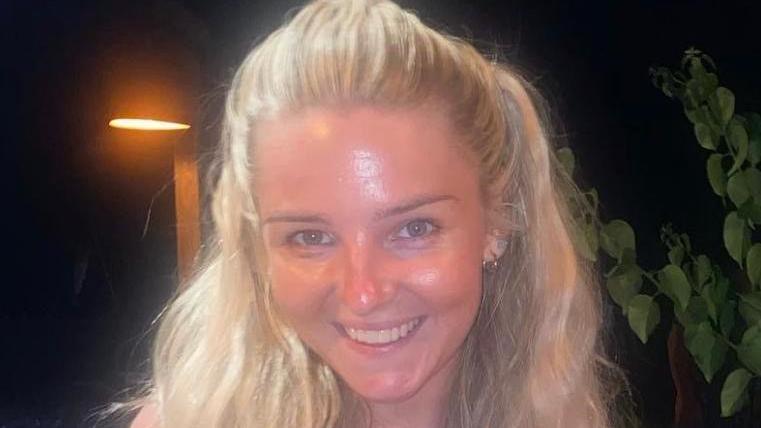
Summer Clarke said she had to learn everything from scratch over her stroke
- Published
A woman who suffered a stroke at the age of 24 has described how she was able to sing Tina Turner songs before she could speak during her recovery.
Summer Clarke, now 26, was given a 10% chance to live, with her family told to say their "goodbyes" when she suffered a spontaneous brain haemorrhage.
Ms Clarke from Denton, Manchester, survived after being put into an induced coma, but had severe complications which meant she needed to learn read and walk again.
But she could sing her favourite songs, word for word, before she could even recognise her own mother.
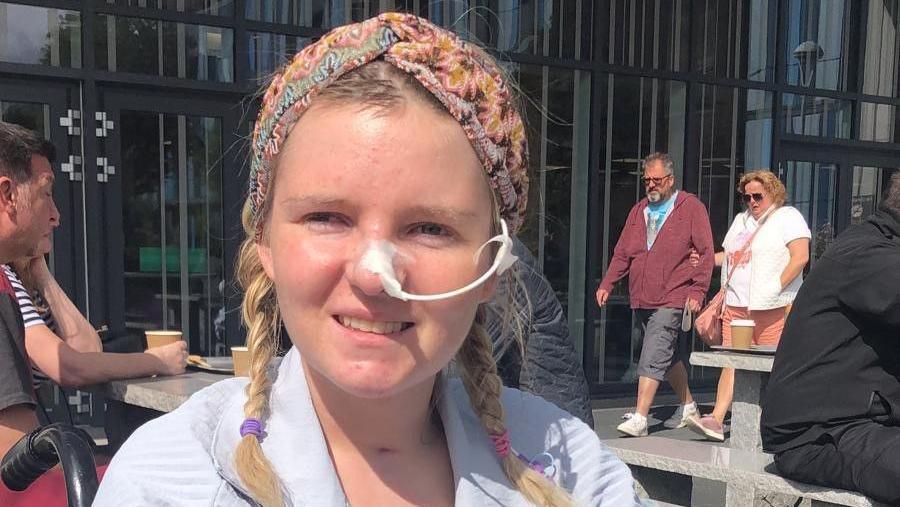
The 26-year-old is supporting the work of a stroke charity
Two years ago she was enjoying an afternoon with friends when she experienced severe pains in her head and was violently unwell.
She was rushed to hospital where it was discovered she had a brain haemorrhage and she was put on life support.
He mother Linda Clarke said: "The doctors did a draining procedure but the pressure on her brain was immense.
"I was told that she might have 48 hours to live and we should maybe say our goodbyes."
But two weeks after being put in a coma, Ms Clarke started to move a little finger.
She was taken out of a coma and started to breathe again on her own.
But this was just the start of her nine-month stint in hospital and Ms Clarke needed to learn to read and walk again.
"It was like being a baby again, I had to learn everything from scratch," she said.
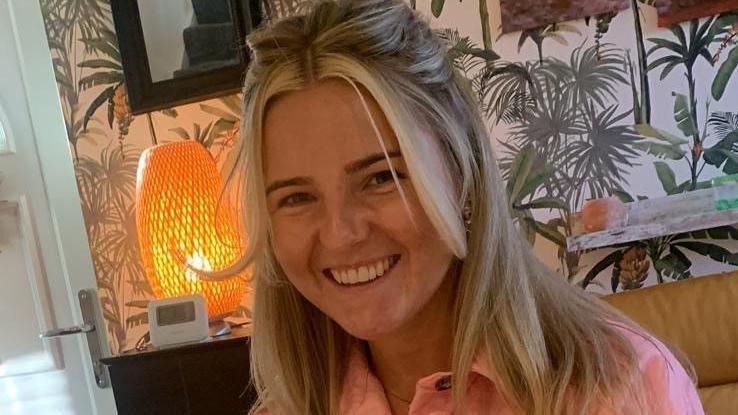
Summer's favourite song during recovery was Proud Mary by Tina Turner.
During the recovery process, it was found Ms Clarke could sing her favourite songs before she could perform many other tasks.
Mother Linda said: "Summer suffered with so many cognitive problems but singing just came naturally to her.
"She could sing to music when she came out of the coma. She would start by miming songs and then she could sing anything on her playlist."
Ms Clarke, who worked as cabin crew for British Airways before her stroke, added: "Anything we played I remembered the lyrics to, even if I didn't recognise my own mum. It was all very strange."
A poll by the Stroke Association has revealed 35% of stroke survivors are able to sing better than speak in the weeks and months after their stroke.
The charity's research suggests singing can enhance communication and speech for people with aphasia, which is a language and communication disability that leaves stroke some stroke survivors struggling to speak, read, write or understand language.
Ms Clarke is backing its Sing4Strokes campaign urging people to raise funds by singing, and to bring awareness of its positive effect in recovery.
Juliet Bouverie, chief executive of the Stroke Association, said: "Singing can be a powerful tool in stroke recovery for those who experience communication difficulties.
She said: "Because music and singing are processed in a different part of the brain to spoken language, some people with communication problems find that they can sing easily, even though speaking is difficult."
Get in touch
Tell us which stories we should cover in Greater Manchester
Listen to the best of BBC Radio Manchester on Sounds and follow BBC Manchester on Facebook, external, X, external, and Instagram, external. You can also send story ideas via Whatsapp to 0808 100 2230.
- Published25 January
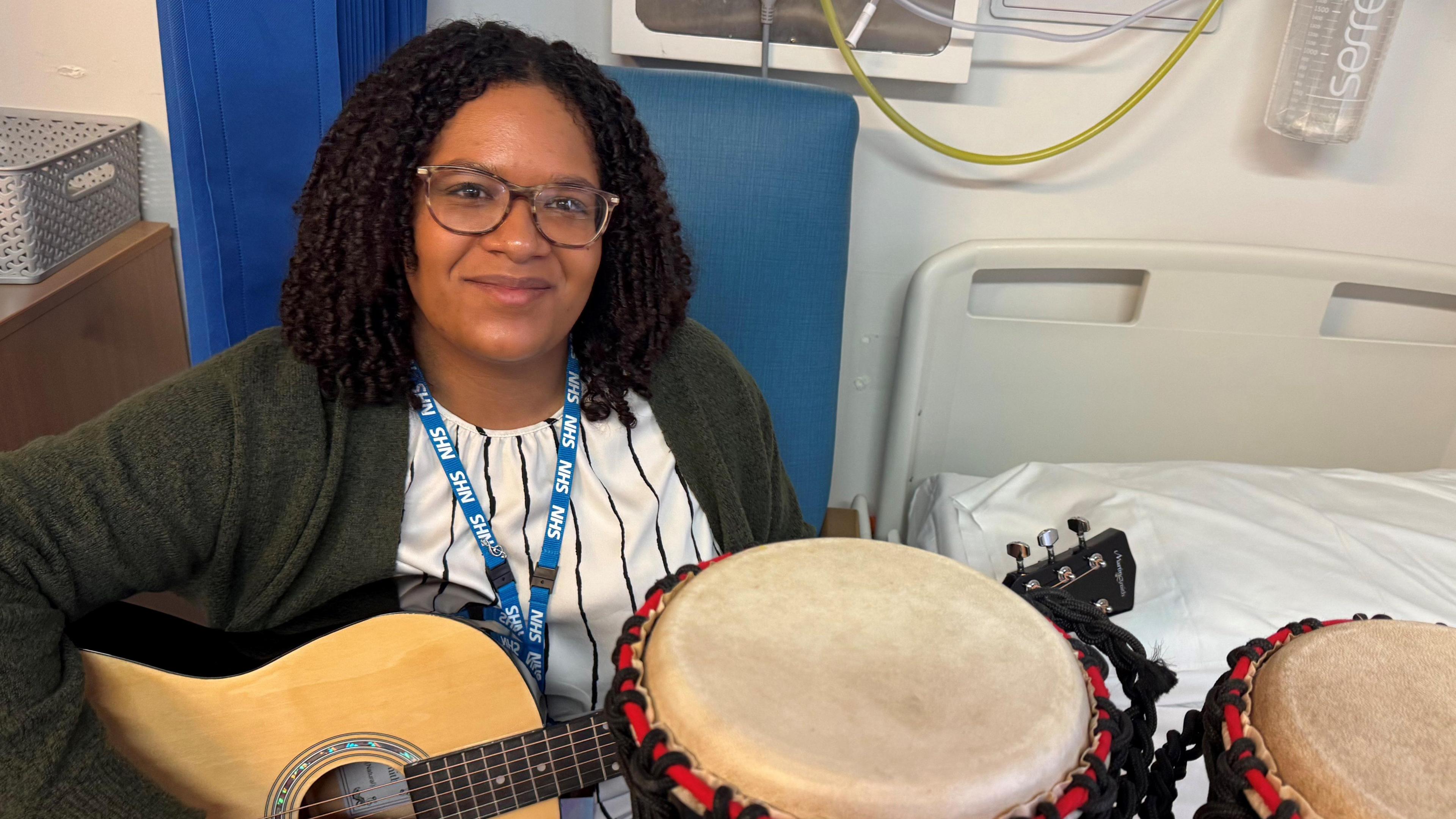
- Published13 April 2024
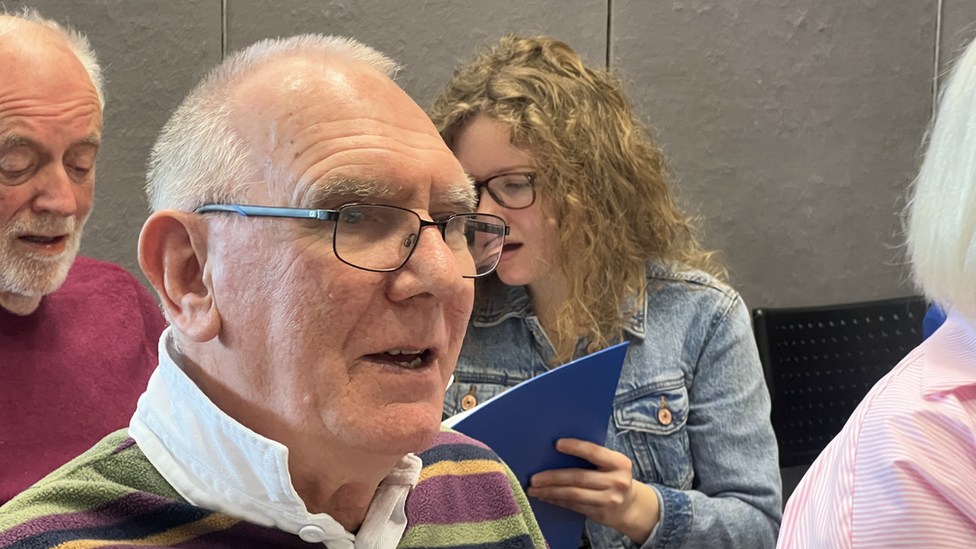
- Published26 February 2015